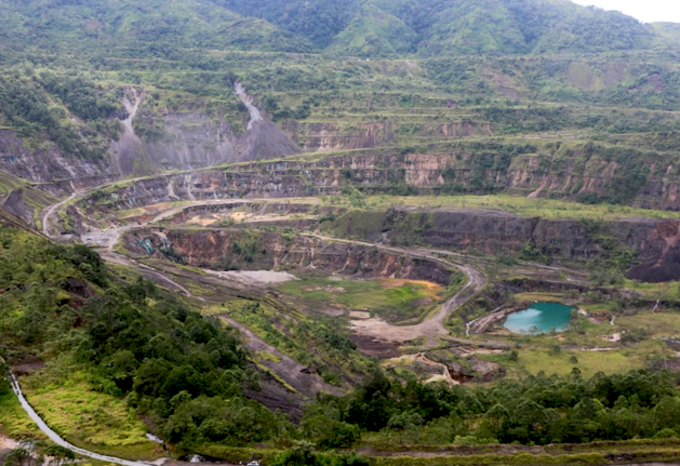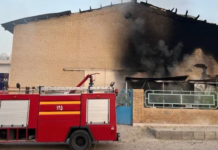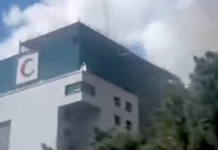
RNZ Pacific
Community leaders around Panguna mine in the autonomous Papua New Guinea region of Bougainville want mining giant Rio Tinto to help out following recent flooding.
Rio Tinto was the owner/operator of the mine which has laid derelict for more than 30 years.
Fears of the threat from flooding in the river system near the mine have increased in recent years.
Recent heavy rain has choked rivers with mine tailings waste, resulting in several communities being swamped.
Residents have reported peoples’ homes have been inundated, water supplies and food crops compromised.
The flooding risks were highlighted in an independent report by Tetra Tech Coffey published last year.
This report was prepared as a baseline to inform an independent human rights and environmental impact assessment that launched in December 2022 and which Rio Tinto committed to fund in response to a human rights complaint by 156 local residents.
Phase 1 of the assessment is due to report in mid-2024.
Immediate funding call
Community leaders are calling for immediate funding from Rio Tinto for tangible action to address urgent health and safety issues in their communities, as well as a commitment from the company now that it will fund long-term solutions after each phase of the impact assessment.
To date, Rio Tinto has agreed to fund the human rights and environmental impact assessment only.
The chairperson of the Lower Tailings Landowners Association, Bernardine Kiraa, said: “Our communities are drowning in mine tailings waste.”
“The recent flooding damaged peoples’ houses, food crops and water sources. Women have been having trouble finding clean water to wash their babies.
“We worry about the spread of mosquitoes and disease following the flooding.”
Theonila Roka-Matbob, who is a local MP and local landowner, and who led the campaign for the environmental assessment said: “We have welcomed Rio Tinto’s commitment to assessing the impacts of the Panguna mine.”
“We know the process will be a long one. But we have been dealing with the disaster caused by the mine for decades.”
‘Always worrying about food’
“We are always worrying that the food we eat, the water we drink and the air we breathe is not safe. We worry about levees collapsing and mine waste flooding our lands and communities,” she said.
“We need tangible action now to address urgent health and safety issues. And we need to know what Rio’s intentions are after the impact assessment – that they will stick with us and fund the long-term solutions we need.”
The legal director at Australia’s Human Rights Law Centre, Adrianne Walters, said: “Communities are being asked to be patient while the impact assessment progresses over a number of years.”
“But they also need action now and a public commitment from Rio Tinto that it will actually remedy the devastating impacts of the mine.”
“Rio Tinto’s commitment to assessing the impacts of its former mine is an important first step,” Walters said.
“The company now needs to publicly reassure communities that it is firmly committed to funding the long-term solutions that will allow them to live safely on their land.”
Rio Tinto gave away its shares in Bougainville Copper Ltd (BCL) in 2016 but it has subsequently agreed to the funding of the human rights and environmental assessment.
This article is republished under a community partnership agreement with RNZ.














































